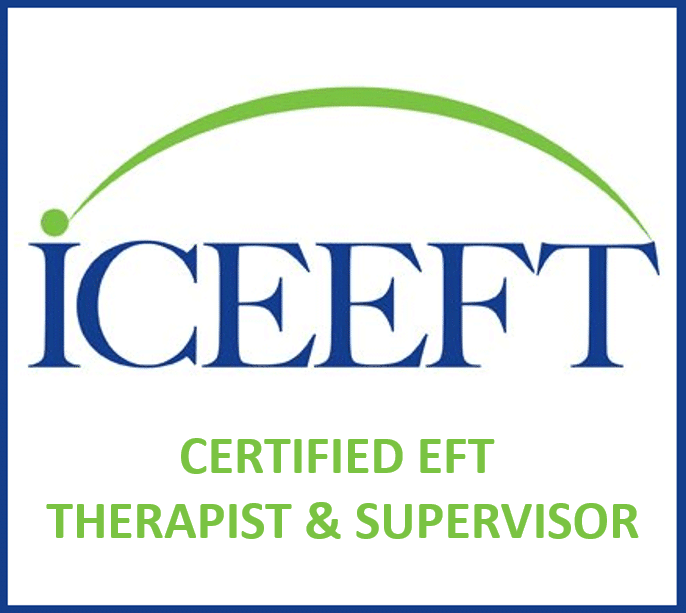
Confidentiality is a fundamental aspect of therapy and is crucial for the client to feel safe in therapy and trust the therapist with intimate details of their lives. When you engage in therapy, it is important to understand that the information you share is generally treated as confidential, and professional and ethical guidelines bind therapists to uphold this confidentiality. Here are some key points to consider:
Legal and Ethical Obligations
Therapists are legally and ethically obligated to maintain the confidentiality of their clients. They are bound by professional codes of ethics and, in many jurisdictions, by laws that protect client privacy.
Professional Standards
Therapists receive training on confidentiality both in their initial education to become a therapist and in their continuing education to maintain their license. They know the importance of safeguarding client information and are committed to providing a safe and confidential environment for clients to share their concerns.
Information Sharing
Therapists are typically not allowed to disclose any information about their clients without their consent, unless there are legal requirements or safety concerns. This means they cannot share information with religious leaders, educators, bosses, or anyone else without written authorization from the client.
Exceptions to Confidentiality
There are limited circumstances in which therapists may be legally and ethically required to break confidentiality. These include situations where there is a risk of harm to oneself or others, suspicion of child abuse or elder abuse, or a court order requiring the disclosure of information.
Informed Consent
At the beginning of therapy, therapists typically discuss confidentiality and the limits to it with their clients. This ensures that clients have a clear understanding of what is expected and can provide informed consent to engage in therapy.
Conclusion
Confidentiality is crucial for building trust between the client and therapist. When clients feel that their information is treated with utmost care and confidentiality, they are more likely to feel safe and comfortable opening up and sharing their concerns. That is the only way for therapy to be effective.

